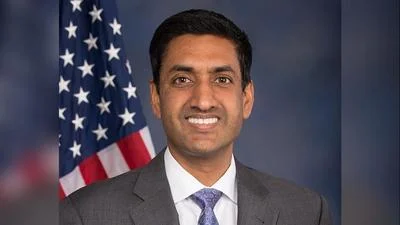John Taylor, Professor of Economics at Stanford University and developer of the "Taylor Rule" for setting interest rates | Stanford University
John Taylor, Professor of Economics at Stanford University and developer of the "Taylor Rule" for setting interest rates | Stanford University
Colombian environmental advocate Rodrigo Botero Garcia has been honored with Stanford University's prestigious Bright Award for Environmental Sustainability. The award was presented during a ceremony at Stanford Law School on October 8, marking the 12th anniversary of the accolade. Established by a gift from alumnus Raymond E. Bright, the award recognizes individuals making significant contributions to sustainability in various global regions.
Botero has dedicated decades to preserving large areas of the Amazon rainforest through his NGO, the Conservation and Sustainable Development Foundation, founded in 2011. His efforts have led to major expansions of Colombia's Chiribiquete National Park and involve advocating for indigenous land rights and negotiating with those exploiting the region.
Barton “Buzz” Thompson, Jr., who leads the nominating committee for the award, highlighted its unique approach: "It is, we believe, the only environmental award that each year takes a particular region of the world and really takes a deep dive." He also emphasized student involvement in selecting nominees as crucial for fostering future leaders in sustainability.
During his acceptance speech, Botero discussed both achievements and challenges in combating deforestation while promoting sustainable development. He noted his experiences engaging with diverse stakeholders, including local communities and armed groups involved in illegal activities. "Engaging with the local population...provides a unique opportunity to establish connections," Botero stated.
Botero also addressed threats faced by environmental activists in Latin America: "Numerous environmental leaders...are facing threats to their safety and lives." He reaffirmed his commitment to continuing their work for future generations.
The event concluded with an interview conducted by Greg Dalton from Climate One on National Public Radio. Topics included finding legitimacy pathways for those using forests illegally and balancing national laws with indigenous customs.




 Alerts Sign-up
Alerts Sign-up